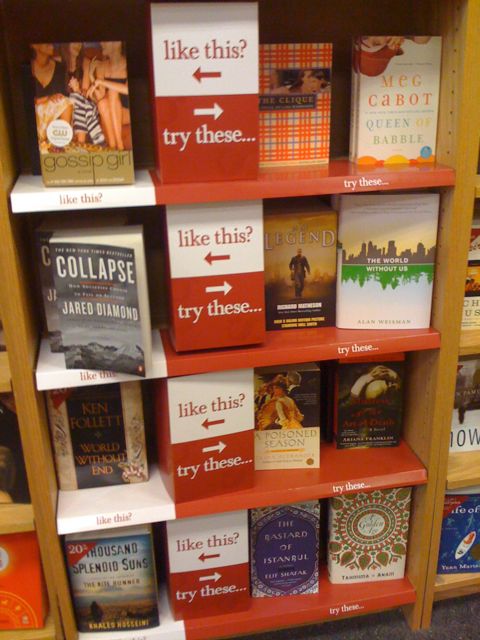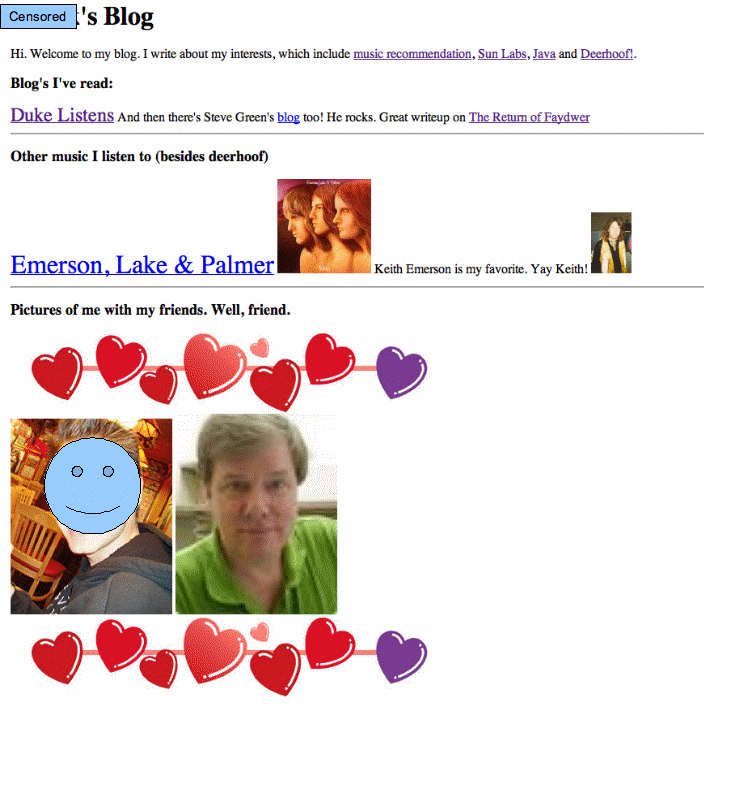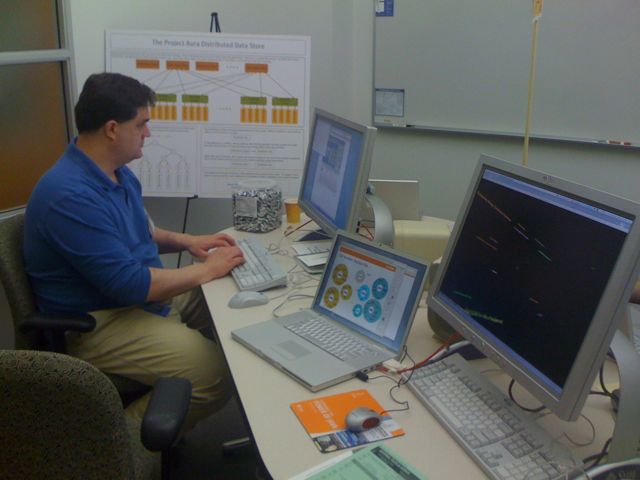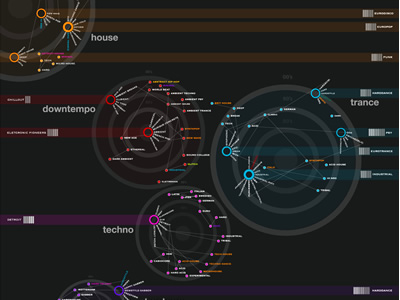
(By the way, this picture shows that even human-based recommender systems can get really wonky - this bookstore suggests that if you like 'Collapse' you may also like "I am Legend" - sure they are books about similar topics ... but they seem to me to be about as similar as Bill Bryson's "A Walk in the Woods" and "The Hobbit".)
I shall try to use MarsEdit for a few blog posts over the next month or so during the trial period to see if it is worth the $30.
Well - after posting here are a few impressions - I was hoping that MarsEdit would scale the image properly. Also, I'm surprised that the editing is not WYSIWYG - it is back to inserting html tags in the post, how last decade. Perhaps there are some setting that I can change to make this work better for me. So far, I'm not excited enough to part with $30
























